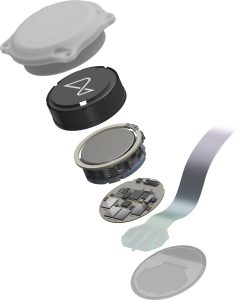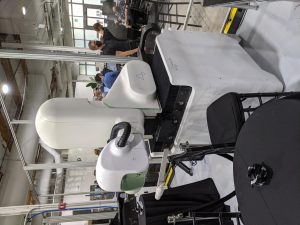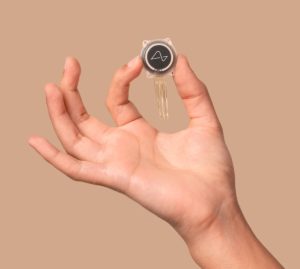Technology and electronics advance at a breakneck pace, even learning new things on their own. Recently, the self-made billionaire Elon Musk’s company known as Neuralink has implanted its groundbreaking brain chip in a human being for the first time. But what exactly is the Neuralink brain chip?
The Neuralink brain chip is a surgically implanted device founded by Elon Musk in 2016. It is approximately the size of a quarter, and its ultra-thin wiring technology makes it able to intertwine with the human brain and develop what’s known as a brain-computer interface. The brain chip is to function as a remote, copying brain activity to a device through a Bluetooth connection. Neuralink also claims that the disk will assist people in overcoming neurological disorders.

As of now, the product is being tested on humans to develop the device further and eliminate any potential issues. The testing phase is meant to collect data and focus on current issues rather than add more features. On January 24th, Elon Musk stated on X “The first human received an implant from @Neuralink yesterday and is recovering well. Initial results show promising neuron spike detection.”
Yesterday, Neuralink even live-streamed a video showing a quadriplegic patient playing a computer chess game with his mind. The 29-year-old patient Noland Arbaugh had gotten in a diving accident in 2016 and was left paralyzed from the shoulders down. The video shows the patient playing the online chess simulation with an engineer at Neuralink giving commentary beside him. While not much else was being done in the video, it still speaks so much about the development of the product.
However, the product hasn’t only been tested on humans.

Neuralink has also tested its brain chip on monkeys and pigs. The experiment had several monkeys engage in simple video games and move a cursor around a screen. The results are not public, but Neuralink claims no monkeys died from the experiment. Although they have admitted that the monkeys are now suffering from various issues such as seizures, brain swelling, and paralysis. As a result, the United States Department of Transportation fined Neuralink for failing to register the transportation activity of hazardous material, which is the implants from the brains of the primates.
Freshman Emily Zinter believes that the device could be an invasion of privacy. She says, “Nobody should have that much control over a human’s brain. Billionaires usually don’t have morals.”
Many experts also share similar concerns surrounding the Neuralink brain chip, such as the potential breach of privacy and the risk of hemorrhagic strokes and brain seizures in humans.

Even if the Neuralink brain chip is safe enough for human use, it is still an interesting advancement in technology and will continue to be improved.















